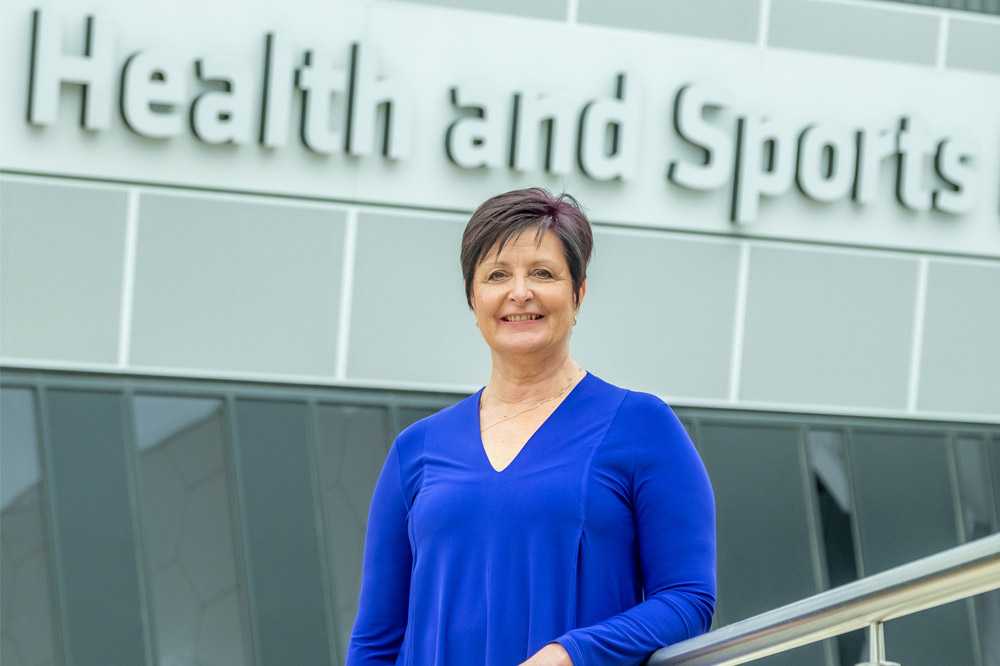
According to research by Headspace, 40% of young people feel the COVID-19 pandemic has impacted their confidence to achieve future goals.
The same research shows that parents also believe that their “young person's participation in sport, exercise and physical activity and their general routine are all being negatively impacted”.
Findings such as these are certainly unwelcome news for educators, many of whom are also struggling to navigate their way through this unprecedented crisis.
In May, a major survey of 3,500 teachers from all sectors from Australia and New Zealand revealed a lack of confidence in meeting students’ learning needs online during the COVID-19 pandemic.
For many students whose schooling routine is made all the more enjoyable by being around their classmates, the sudden shift to online learning has also been a markedly lonely and frustrating experience.
However, Greg Jakob, Director of Student Experience at Federation University Australia, says there are ways that technology can help students feel more connected with each other despite being physically distant. And there are important benefits for teacher wellbeing, too.
“Investment in tools that help us better connect with students are more important than ever for universities globally but accessing our existing technology to the best of its ability right now is also offering many benefits to both student and teacher wellbeing,” Jakob told The Educator.
“For me, it’s been one of the surprising outcomes of COVID-19 – hearing from students that they have never felt more connected to university has affirmed that we have the technology and the skills to make those connections and how important that personal connection is to a student’s wellbeing”.
Jakob said educators and students are now accessing more support technology, such as connecting the social aspects of universities.
“We are also connecting counselling and other student resources, and embedding them into the online learning platforms our student’s access daily,” he said.
‘Connection has always been key’
In 2016, Dr Sue Brown, Director International Sport Management at Federation University Australia, received the International Women’s Day Award by Golden Plains Shire for her involvement in, and advocacy for, community sport and for her performance as a role model to peers and the community for outstanding public service.
She says universities should expect the disruption that COVID-19 has caused learning to impact on students’ mental health.
“The key to successful learning outcomes for students has always been about connection, engagement and keeping student wellbeing front and centre,” Dr Brown told The Educator.
“Of course, face to face learning will always have significant benefits for students and teachers alike, but online learning with its global reach, has many untold benefits”.
Dr Brown said online learning can enable tailored student-led learning and bring students together who are interested in the same topic and who can share ideas, insights and who are from different cultures.
“This can really boost a student’s engagement and sense of belonging,” she said.
“There’s no doubt we have much to learn about the connection between online study and student wellbeing and this is an area of research that I will be focussing on as we release more bespoke online degrees”.
‘Student preparation needs a rethink’
Jakob says it’s becoming increasingly important to equip young people and their families with the right tools and resources to navigate the challenges of learning online.
“As online learning becomes the new norm, universities need to re-think student’s preparation from their very first connection to their graduation,” he said.
“Education pathways – where universities are connected early, and parents are also involved, are very productive avenues for demonstrating the nuts and bolts of online learning, but also the support that is available to both students and parents”.
Jakob said one thing he is particularly excited about is rethinking the orientation process.
“We have taken this online and are piloting it from 2021 on our first 100% online degree using the learning platform Moodle, so from the beginning students have access to the tools and resources they need for a successful start to their degree – from meeting their lecturers and their peers, to accessing study and learning resources in addition to wellbeing services,” he said.
Online students in need of help
Brown says that with demand for counselling services at universities growing exponentially, there is a corresponding need to cater for a cohort of online students “who sit behind their screens, in a room, in a far off place”.
“In my opinion, it’s all in the design – switching a traditional degree to online is very challenging, but if we build for online from the beginning we create an effective learning experience with the student at its heart and the other elements following,” she said.
Dr Brown said that last year, even before and unrelated to COVID-19, she started designing an online Bachelor of International Sport Management.
“We have embedded a student counselling and support service in it, so immediate help and access is built into the delivery platform from the beginning,” she said.
“It becomes a visible part of the online experience accessible alongside the virtual classroom, weekly chat forums, collaborative learning spaces and 1:1 tutor and program coordinator sessions, where discussions about wellbeing are of course paramount”.


